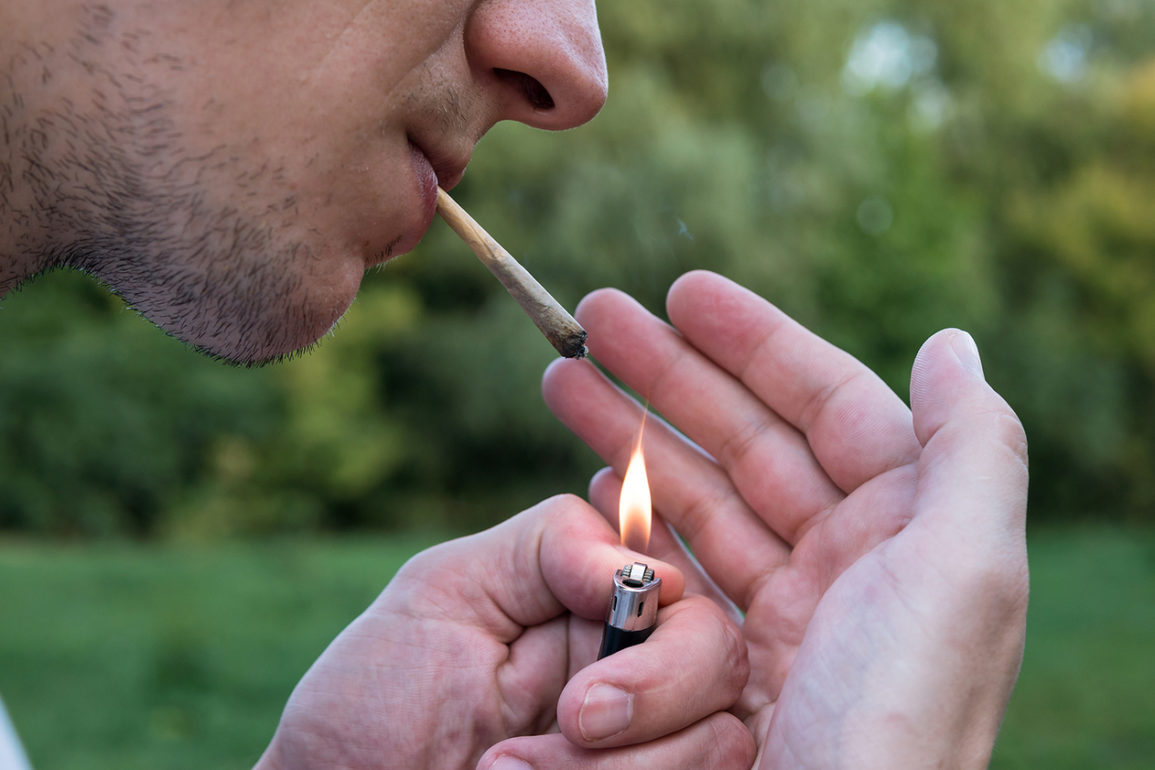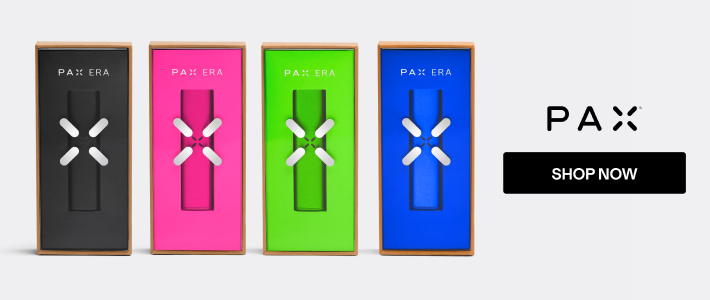TL;DR?
- “Dry January” is an eight-year-old initiative that challenges British citizens to abstain from alcohol for the full month of January.
- ‘Super weed’ from California, in particular, is in high demand as people seek an alternative to alcohol.
- Cannabis is illegal in the UK and carries the risk of hefty fines and prison sentences for those caught dealing.
- Hemp-derived CBD products are legal in the UK. Must carry 1mg of THC (recommended limit of detection: 0.01%) and CBN.
Demand for cannabis is reported to have risen in the UK during January. It coincides with a government-approved campaign challenging people to abstain from alcohol for a 31 day period starting midnight New Years Day.
“Dry January”, the initiative run by Alcohol Change UK, was born from one woman’s curiosity in 2011 and ballooned to over 4 million participants in 2020.

An anonymous source, speaking to Grow Cola, reported an increase in demand for cannabis in the northern cities of Manchester and Liverpool during this month, citing Dry January as a driving factor.
“I’ve had loads of new buyers who don’t normally smoke weed but need something to replace the hit they get off booze,” he claims. “Forget Dry January, this is High January,” he added.
He has also noticed increasing requests for Californian ‘super weed’, which is more potent than the strains he normally sells and is more expensive. Each 3.5g bag (commonly known as an “eighth”), costing users between £80 and £120 ($109 and $164), is obtained through the dark web and advertised to sellers via Telegram and Instagram.
An influx of luxury imported cannabis into the UK isn’t a new phenomenon. In 2016, Vice reported black market dealers selling US-brand cannabis at £1,000 per ounce, nearly £800 above the average price of regular UK weed.

Despite a small breakthrough in the status of medicinal cannabis use in the UK, cannabis for recreational use remains illegal, despite several large campaign groups fighting for its legalization.
The UK Government lists cannabis as a Class B drug, alongside ketamine and amphetamines, which carries an unlimited fine and/or 14 years’ imprisonment for those found growing or supplying. Possession and use can carry up to five years in prison, though this is entirely dependent on the amount.
Cannabidiol products, on the other hand, are perfectly legal all across the UK, provided they’re derived from hemp carrying less than 0.2% tetrahydrocannabinol (THC). Each product must only contain 1 mg of THC or cannabinol (CBN) — both classified as a Class B controlled substance.


